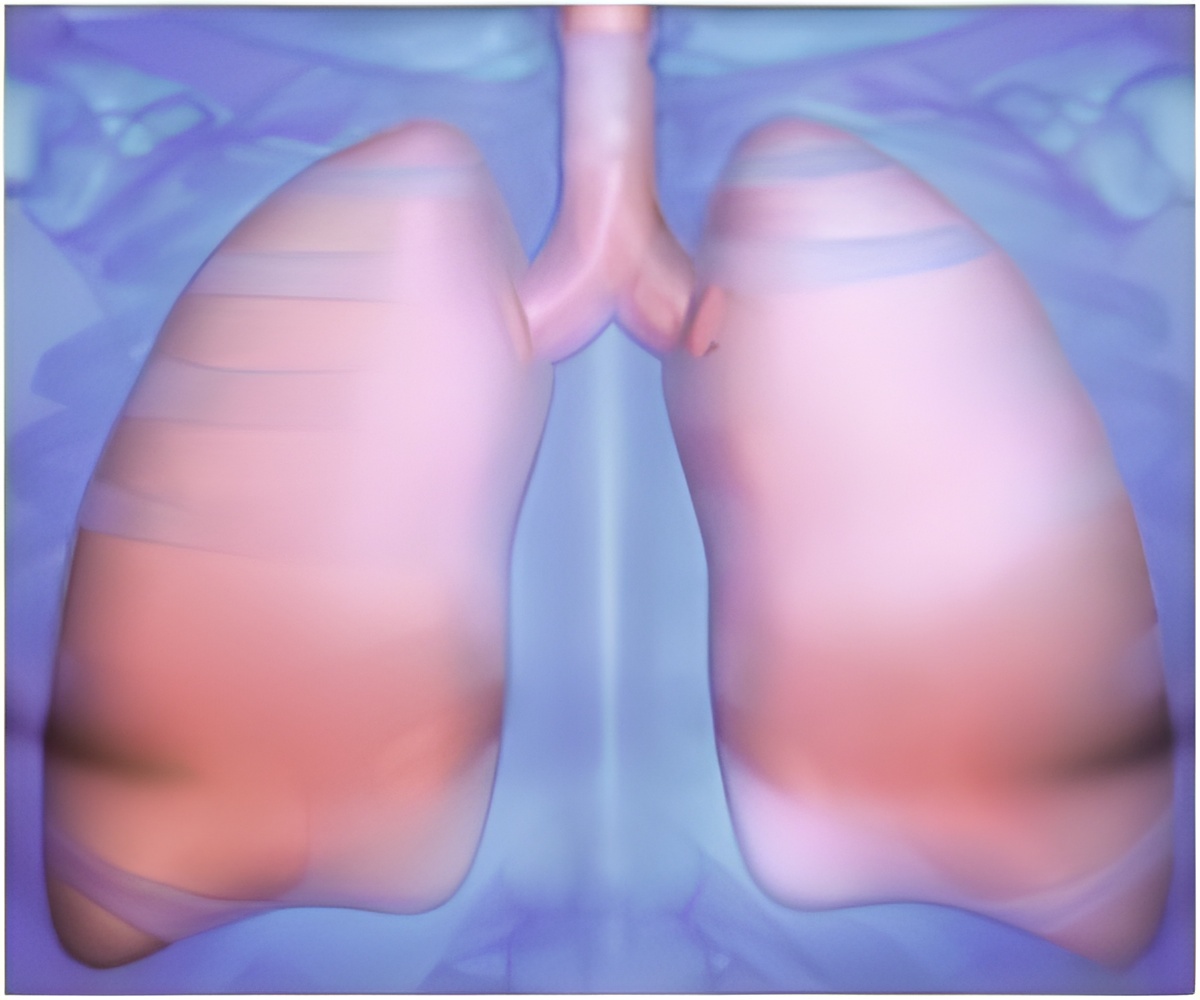A team of researchers has come out with a reason behind why some people appear to have healthy lungs despite a lifetime of smoking.

They looked at Chronic Obstructive Pulmonary Disease (COPD) which leads to breathlessness, coughing and repeat chest infections. By comparing smokers and non-smokers, as well as, those with the disease and without, they discovered sections of our DNA that reduce the risk of COPD. So smokers with "good genes" had a lower risk of COPD than those with "bad genes".
The team discovered six independent genetic variants associated with lung health and COPD. They also found genetic variants associated with COPD in people who have never smoked. One of these new signals is the first example of structural variation of the human genome affecting lung health.
The team found that the numbers of copies of duplicated sequence of the genome on Chromosome 17 was associated with lung health in heavy smokers and also in never smokers. This, and other findings in the study, point to possible widespread effects on gene regulation and, in turn, protein production.
Importantly for the prevention of COPD and other smoking-related diseases, five independent genetic variants were discovered which were associated with heavy smoking. The authors say that these findings will help define pathways underlying predisposition to development of COPD and smoking behaviors.
A full understanding of the biological mechanisms underlying these genetic associations will improve the understanding of the pathophysiology of COPD and smoking behavior, and potentially give rise to novel therapeutic strategies for the management of airway disease and prevention of nicotine addiction.
Advertisement
Source-ANI










